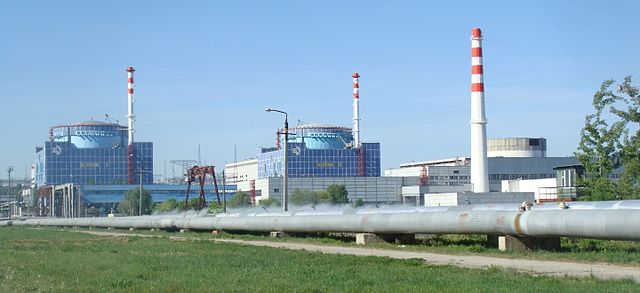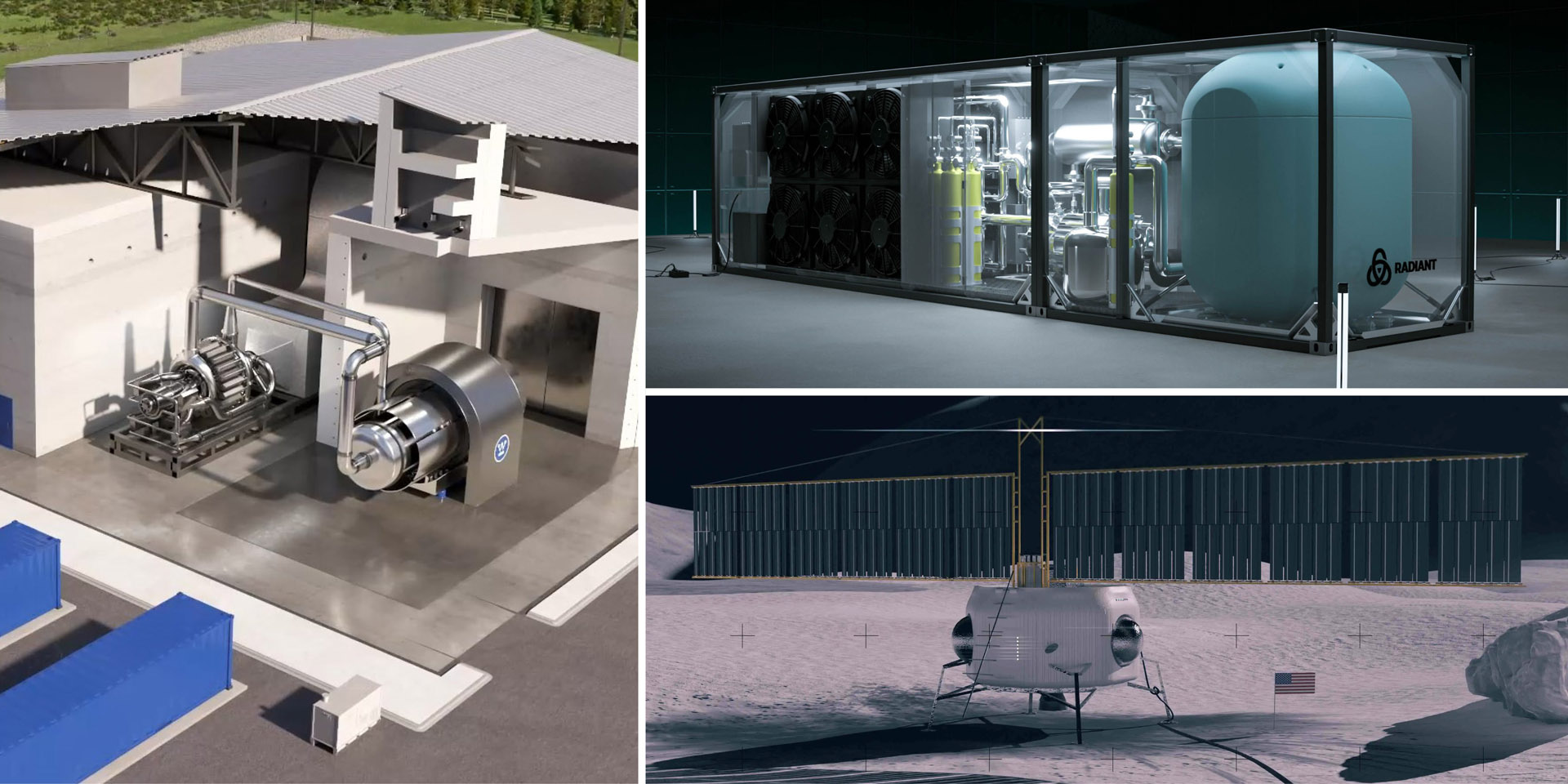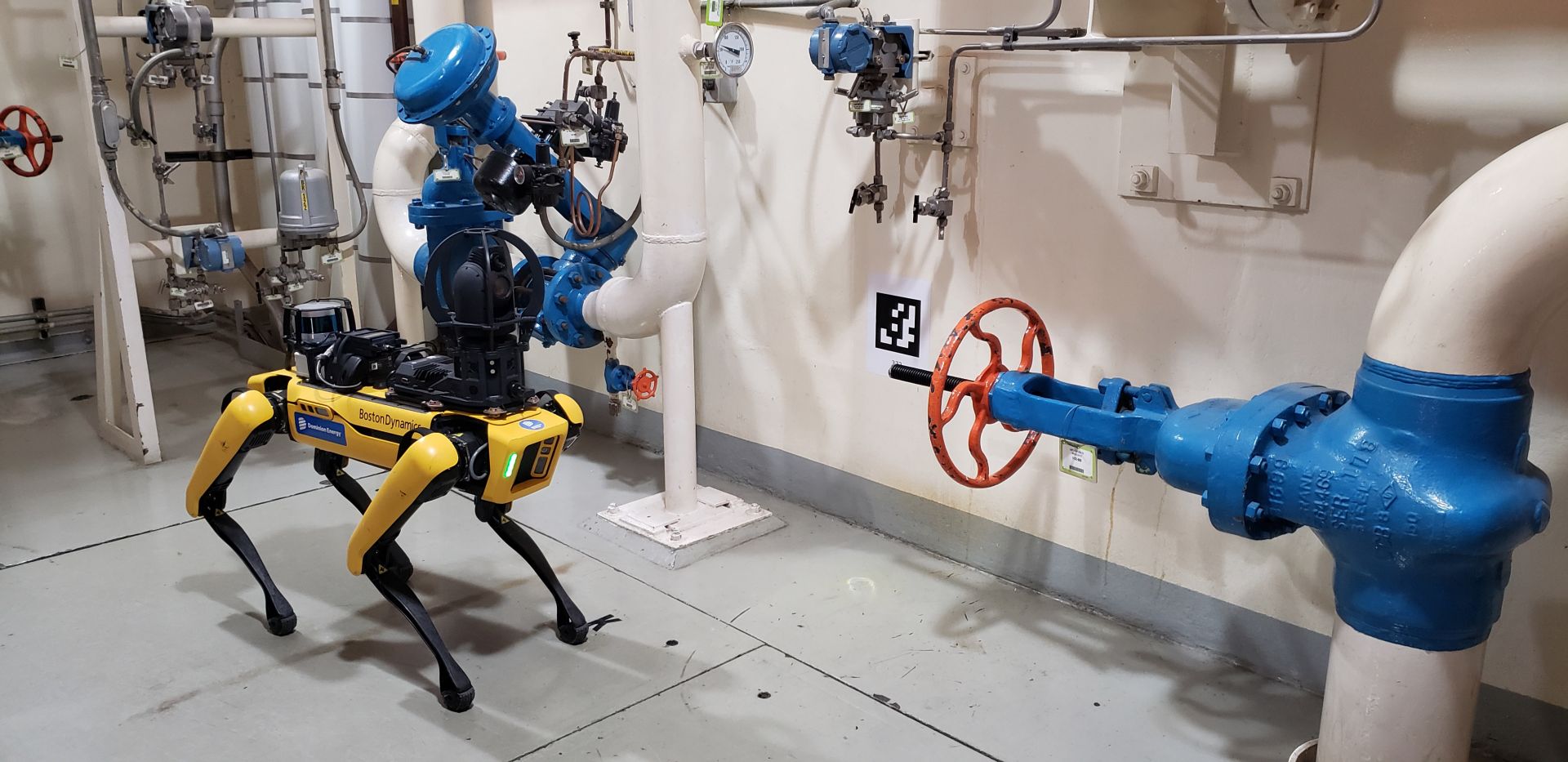Rep. Jeff Duncan (Image: House.gov)
At a legislative markup session last week, a House Energy and Commerce subcommittee approved 17 energy bills for consideration by the full E&C committee, including 12 measures to boost and streamline the deployment of nuclear power. The nuclear-related bills cleared the subcommittee by voice vote with bipartisan support.
“Our shared goal in this committee is to advance bipartisan, durable policy that will expand nuclear energy and its benefits for the nation,” said Rep. Jeff Duncan (R., S.C.), chair of the E&C’s Energy, Climate, and Grid Security Subcommittee, in his opening remarks on October 24. “Chair Rodgers, ranking members Pallone and DeGette, and I sent a bipartisan request for information to a variety of stakeholders this past April. Based on feedback from this request and the hearings we’ve had since, it’s clear that more can be done to modernize the Nuclear Regulatory Commission and Department of Energy to advance nuclear energy in this country.”
The Kakrapar nuclear power plant. (Photo: India’s Department of Atomic Energy)
The initial loading of nuclear fuel into the Kakrapar-4 reactor core has begun, the Nuclear Power Corporation of India Ltd. has announced. Permission for fuel load was granted by India’s Atomic Energy Regulatory Board “after carrying out stringent safety and security reviews,” according to the NPCIL.
Concept art of the eVinci accelerator hub, soon to be home to engineering and licensing operations, testing, prototype trials, business development, and sales. (Image: Westinghouse)
To help speed up commercialization of its eVinci microreactor, Westinghouse Electric Company this week launched a new design and manufacturing facility for the project near downtown Pittsburgh, Pa. Located in the borough of Etna, the 87,000-square-foot eVinci “accelerator hub” will be home to engineering and licensing operations, testing, prototype trials, business development, and sales, Westinghouse said in an October 24 announcement, adding that the facility will include manufacturing space for producing the “innovative heat pipes that are central to the eVinci technology.”
Khmelnytskyi nuclear power plant in Ukraine. (Photo: Wikimedia)
Explosions near the Khmelnytskyi nuclear power plant in western Ukraine early Wednesday shattered windows at the facility and temporarily cut off power to some off-site radiation monitoring stations, the International Atomic Energy Agency reported on October 25.
UCOR chemical operator apprentices (seated) take instruction at the Liquid and Gaseous Waste Operations at ORNL. (Photo: DOE)
The Department of Energy’s Oak Ridge Office of Environmental Management cleanup contractor UCOR has increased its ability to recruit employees through a recent partnership with Tennessee’s Roane State Community College.
Dongyu Qu, director general of the FAO (center left) with Rafael Mariano Grossi, director general of the IAEA and Najat Mokhtar, deputy director general and head of the IAEA Department of Nuclear Sciences and Applications (far right) on the sidelines of the World Food Forum. (Photo: D. Calma/IAEA)
The International Atomic Energy Agency and the Food and Agriculture Organization of the United Nations launched Atoms4Food on October 18 at the 2023 World Food Forum in Rome as a flagship initiative to help boost food security and tackle growing hunger around the world. Atoms4Food will support countries as they apply nuclear techniques to boost agricultural productivity, reduce food losses, ensure food safety, improve nutrition, and adapt to the challenges of climate change.
Slovakia’s Mochovce nuclear plant, located about 62 miles east of Bratislava, the nation’s capital. (Photo: Slovenské Elektrárne)
The Unit 3 reactor at Slovakia’s Mochovce nuclear power facility has completed the commissioning process, becoming a full-fledged member of the country’s nuclear fleet, plant owner Slovenské Elektrárne has announced.
Spot performs autonomous rounds in Surry’s auxiliary building during the initial pilot. (Photo: Dominion Energy)
Among the typical bustle of outage activities at the Surry Power Station in Virginia during the fall of 2022, an unfamiliar sound broke through the commotion. Even with hearing protection in place, a faint whir thunk, whir thunk, whir thunk could be heard, announcing the arrival of the latest innovation in nuclear power. Dominion Energy, owner and operator of Surry, had combined new technologies from robotics company Boston Dynamics and radiation detection company Gamma Reality Inc. to provide radiological condition monitoring throughout the plant that could protect technicians from radiation exposure. The result? A quadruped robot with real-time 3D radiation mapping and data fusion capabilities.
Concept art of a nuclear thermal propulsion system. (Image: USNC)
Ultra Safe Nuclear (USNC) announced on October 17 that it had been awarded a contract by NASA to develop and mature space nuclear thermal propulsion (NTP) systems to advance the nation’s cislunar capabilities. Under the contract, USNC says it will manufacture and test proprietary fuel and simultaneously collaborate with its commercial partner, Blue Origin, to mature the design of an NTP engine optimized for near-term civil science and cislunar missions.






.jpg)








